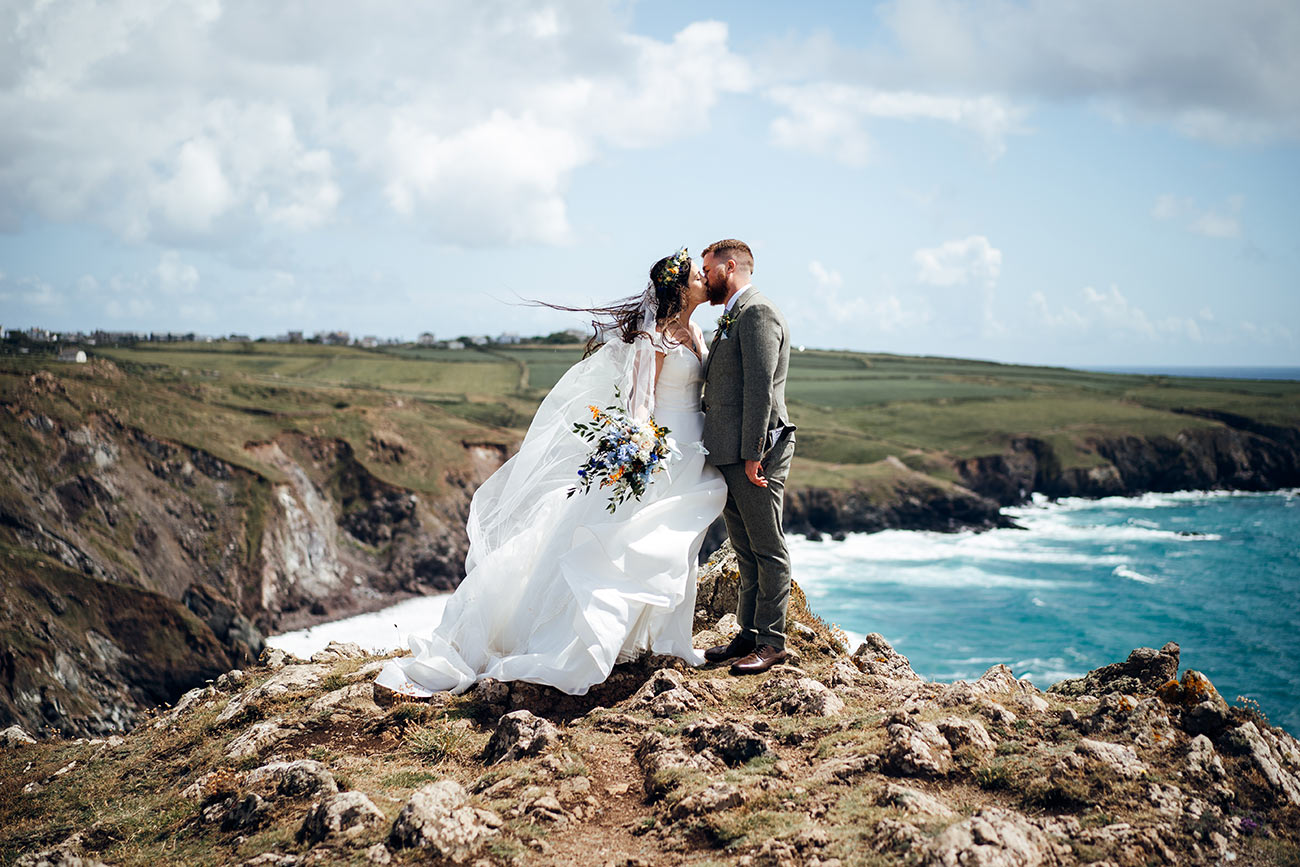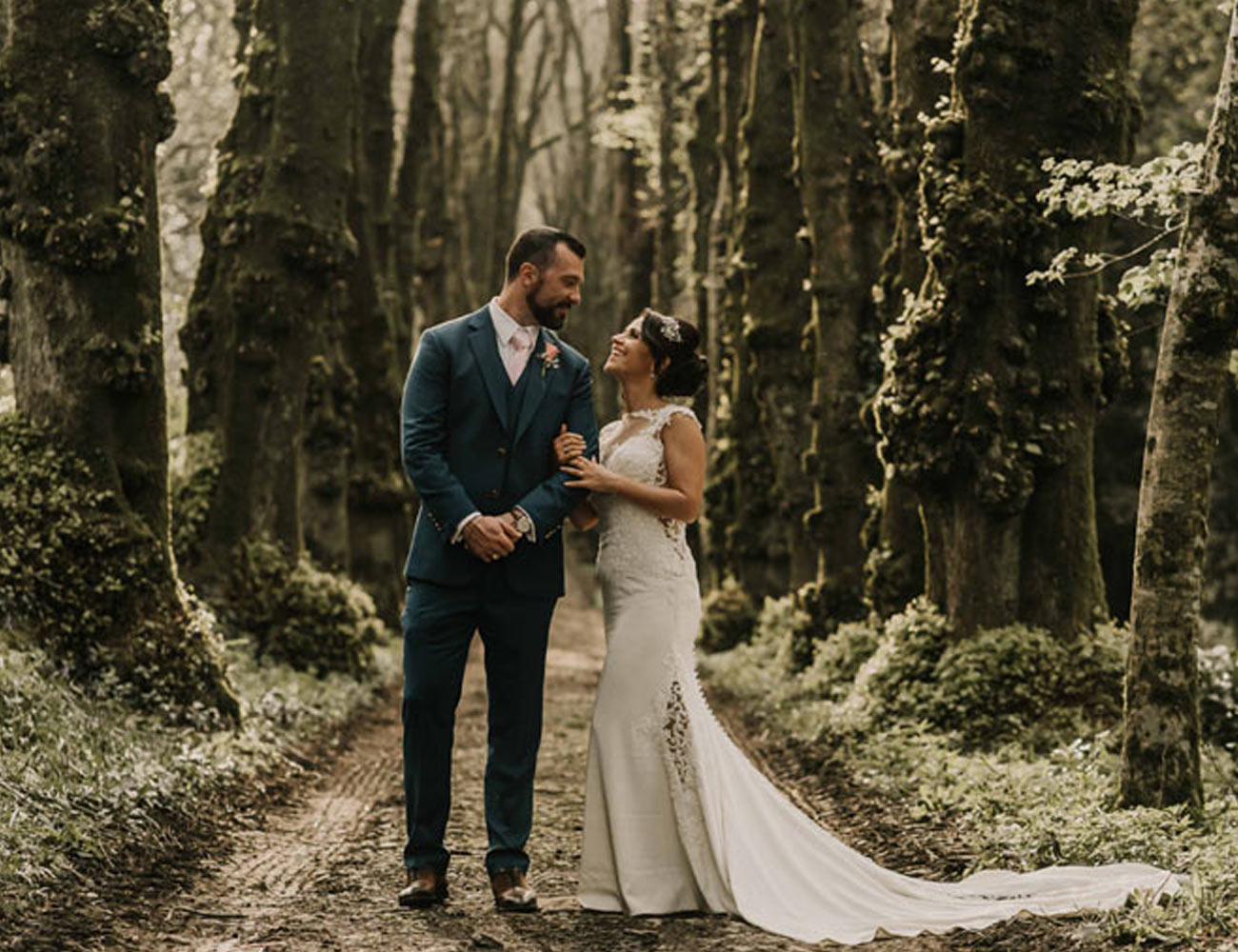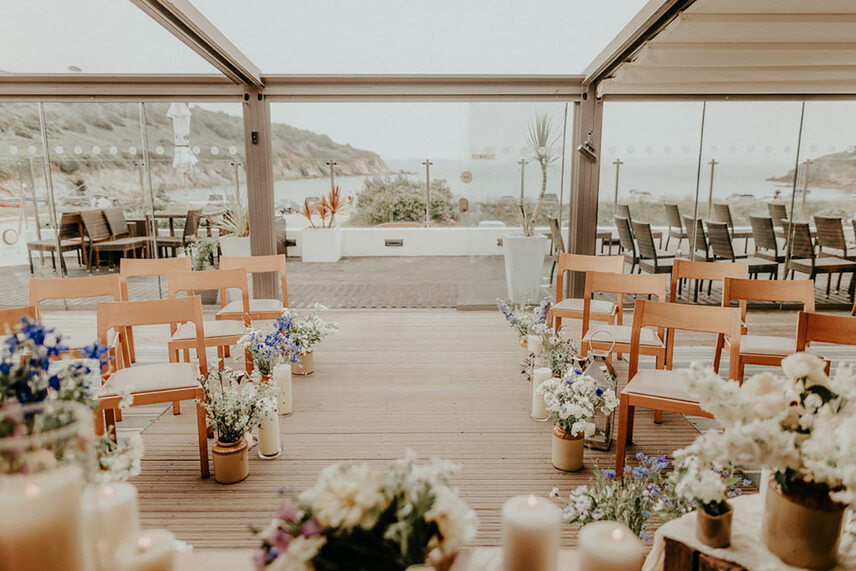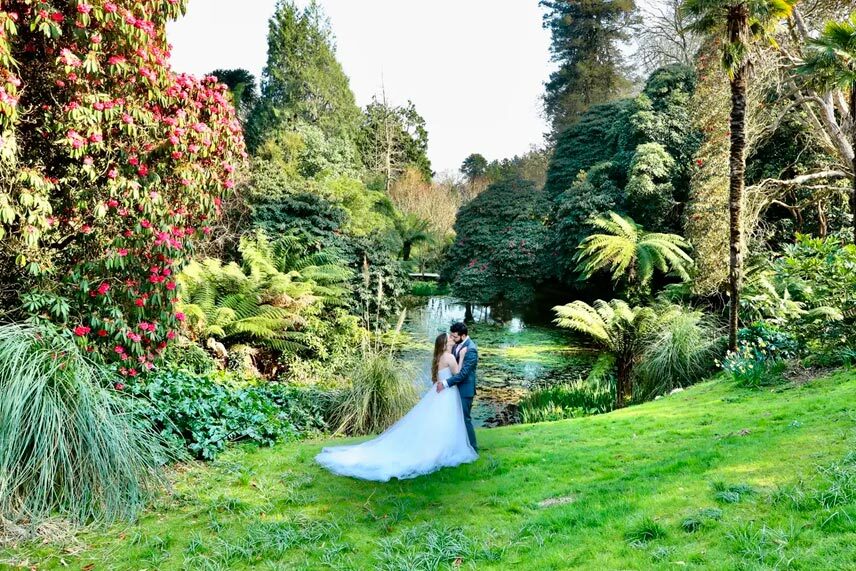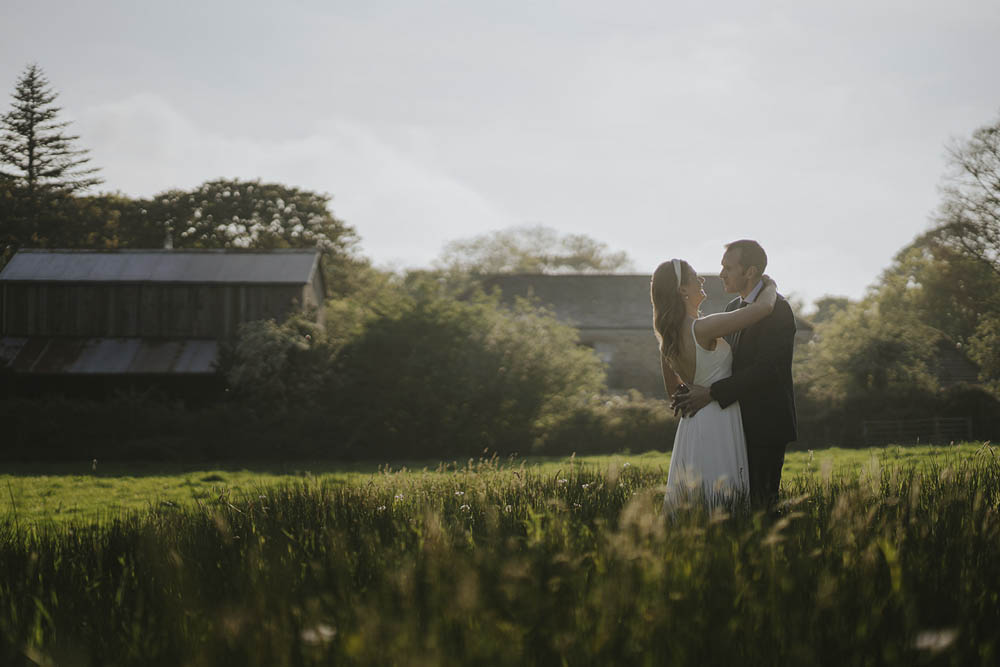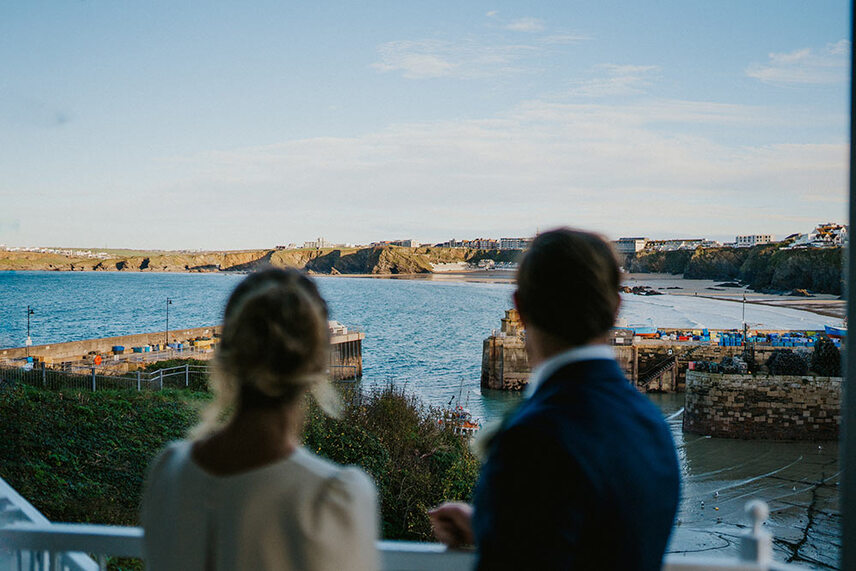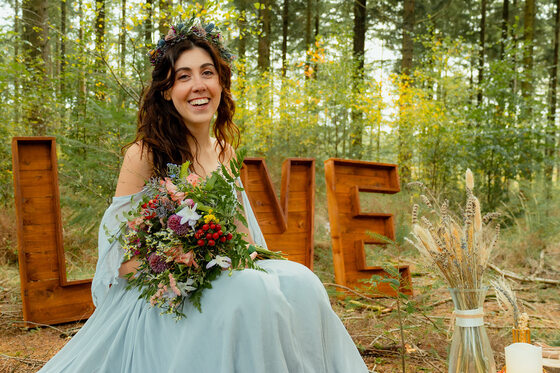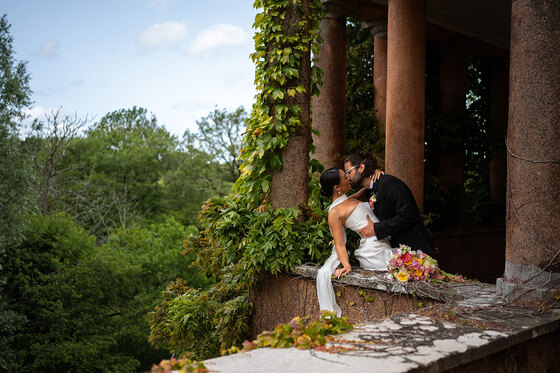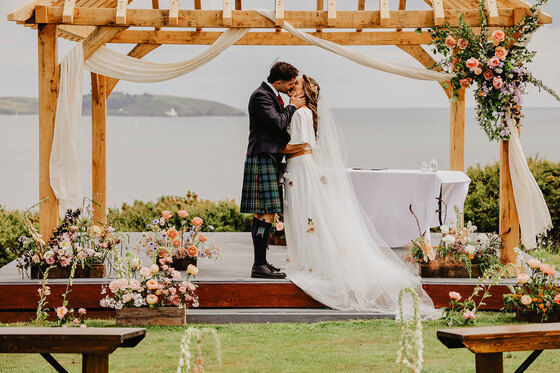The ceremony, the heart of your wedding day, is full of choices – legal ones! Will you marry in church, in the register office, a hotel or stately home? Or have you got your heart set on a romantic wedding on a beach or in your parents’ garden? Anything is possible, but there are legal hoops to jump through to have the day of your dreams if you wish to be legally married.
Currently there are limited options for a legal marriage in England and Wales. So much of wedding law goes back to the Marriage Act of 1949 and some aspects of the law can be traced back to the times of King Henry VIII! It’s recognised as unfit for purpose and so, in 2019, the government asked the Law Commission to undertake a review of wedding law to look at the “red tape and outdated rules around weddings”. The final report was published in July 2022.
So what are the proposals?
The report covered ‘weddings law’ which covers all of the formalities which a couple is required to go through in order to have a legally recognised marriage. It includes the preliminaries to the wedding (also known as giving notice), rules about the ceremony itself, including where it can take place, who must attend and what must be said, and the registration of the marriage.
That all sounds very dry and legal – what does this mean for our wedding?
At present nothing will change – until the government decides what, if any, of the proposals it wants to put forward as a bill to parliament, and this may not be until 2025. But change is in the air, and there is great support for these recommendations to go ahead.
The exciting takeaway is that couples will no longer be limited to using a licensed building as a venue for their wedding. The proposals are for regulation of the officiant rather than a building. More and more couples are looking to have their ceremony in a place that has meaning for them: a beach, garden or a field on the family farm, and to have a ceremony with more personalised content than is currently available within a legal wedding ceremony. These proposals will allow couples to have the legal ceremony they want, rather than making compromises on location or content.
The legal preliminaries will change: Anglican preliminaries (banns) will remain with some reforms and civil preliminaries will begin with the initial notice being given online, with an in-person interview at least five days before the schedule (legal document which will take the place of the register) is issued. Notices would be published online rather than in the register office.
The Law Commissioners recommend the development of five categories of officiant. These include Anglican clergy, registration officers and nominated officiants (from other religions), who are able to undertake legal weddings under the current law, albeit under the buildings registration and licensing rules. The two additional categories are maritime officiants (allowing weddings on cruise ships for example), and independent celebrants.
The nominated officiants category would be expanded to included non-belief organisations (such as humanists) in addition to belief organisations (faith groups). independent celebrants, registration officers and maritime officiants would each be able to perform civil weddings, with nominated officiants and Anglican clergy performing belief or non-belief weddings. It will be for the government to decide who can fulfil these officiant roles.
The ceremony proposals are equally radical. There would be a common set of duties and responsibilities for all officiants, and the same rules would apply to all groups and all weddings. Civil weddings would be allowed some religious content whilst still being identifiably secular.
We are awaiting the government’s interim response to these proposals early in 2023 and a full response should be made by July 2023. Should these proposals go ahead it really will be ‘your ceremony – your way’. You will be able to choose a location that means something to you and you will be able to work with your chosen officiant to create a ceremony full of meaning to you both. As independent celebrants, we are excited at the prospect of these changes to the law, and we look forward to conducting many more bespoke ceremonies in every corner of our beautiful county.
Main image credit iStockhobo_018


